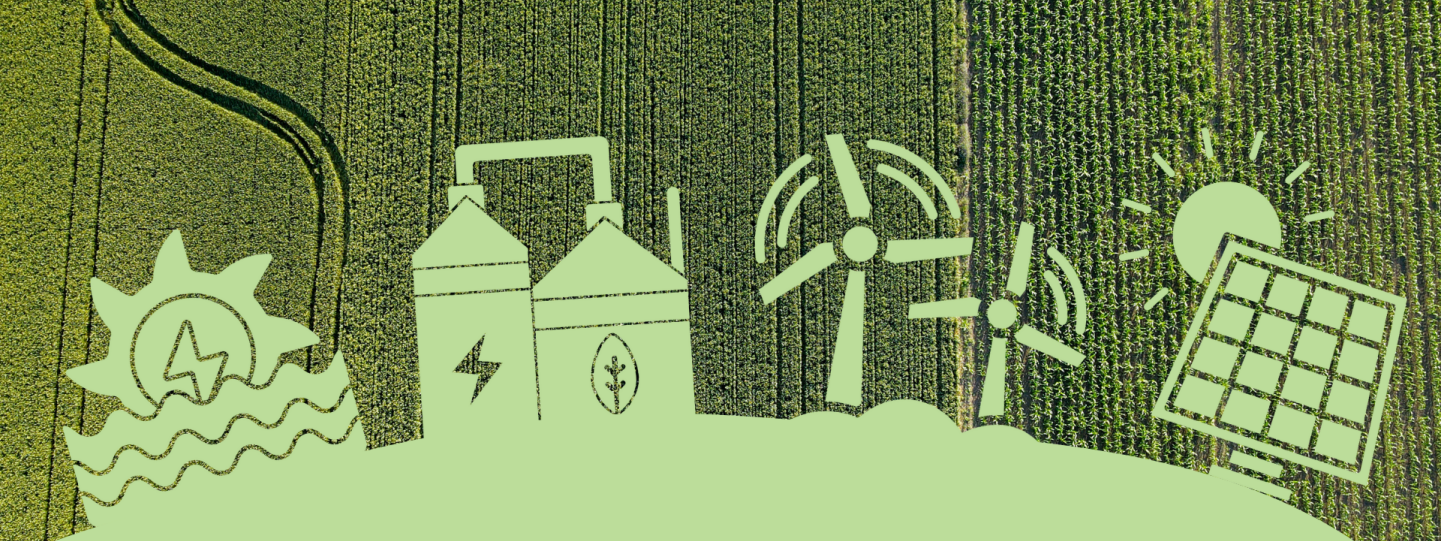
Powering the Future of Farming: HarvRESt’s RES Technologies Library
As agriculture faces increasing pressure to reduce its environmental footprint while remaining productive and profitable, the HarvRESt project is taking important steps to bridge renewable energy with sustainable farming. One of its key milestones, the RES Technologies Library, marks a major advance in creating the digital backbone for the Agricultural Virtual Power Plant (AVPP), an innovative platform that will transform farms into climate-neutral energy hubs.
Building a Toolbox for Climate-Smart Agriculture
The library compiles and organises the most relevant modelling tools and datasets to simulate and optimise renewable energy integration in farms. Covering solar, wind, hydro, biomass, and storage technologies, as well as agricultural production models, demand forecasting, and weather data, the resource establishes a structured foundation for hybrid energy–agriculture simulations.
What makes this library stand out is its commitment to openness and adaptability. By prioritising open-source and Python-based solutions, it ensures transparency, interoperability, and long-term usability — key factors for empowering both developers and farming communities.
From State-of-the-Art to Practical Solutions
The HarvRESt’s RES Technologies Library reviews and evaluates existing platforms such as pvlib (solar), windpowerlib (wind), HydroGenerate (hydropower), and agronomic models like APSIM. Each tool is documented with its inputs, outputs, strengths, and integration potential. Proprietary software like HOMER is also considered, with proposed pathways for integration despite licensing restrictions.
By mapping gaps and challenges — for instance, in coupling crop growth with energy simulations — the HarvRESt team defines where further innovation is needed, ensuring the AVPP can accurately capture the complex interactions between energy generation, farming practices, and local conditions.
A Conceptual Framework for the AVPP
At its core, the RES Technologies Library is more than a catalogue; it is a functional repository. The report introduces a conceptual framework where modular models from photovoltaic output and wind resource estimation to crop yield impacts can be standardised and interconnected. This modularity enables:
- Realistic scenario testing for hybrid RES-agriculture systems.
- Decision-support for farmers and policymakers.
- Optimisation routines that balance productivity, sustainability, and cost-efficiency.
With this library, HarvRESt is not only providing a reference point for developers but also paving the way for farms to act as energy producers, consumers, and service providers. The approach supports Europe’s transition toward climate-neutral, resilient, and economically vibrant agro-communities.
By equipping the AVPP with reliable and flexible digital tools, the project offers a practical response to some of the most pressing challenges in agriculture today: decarbonisation, energy efficiency, and food security.
